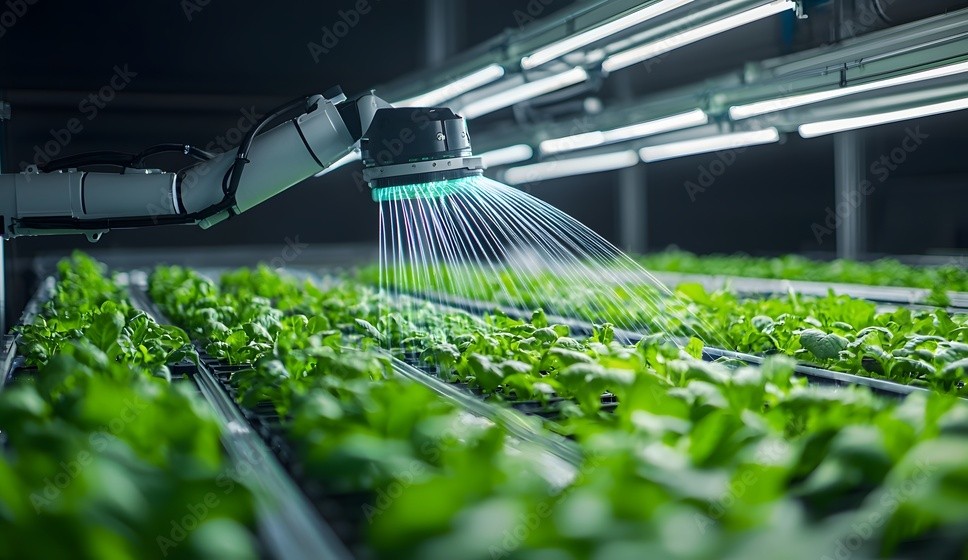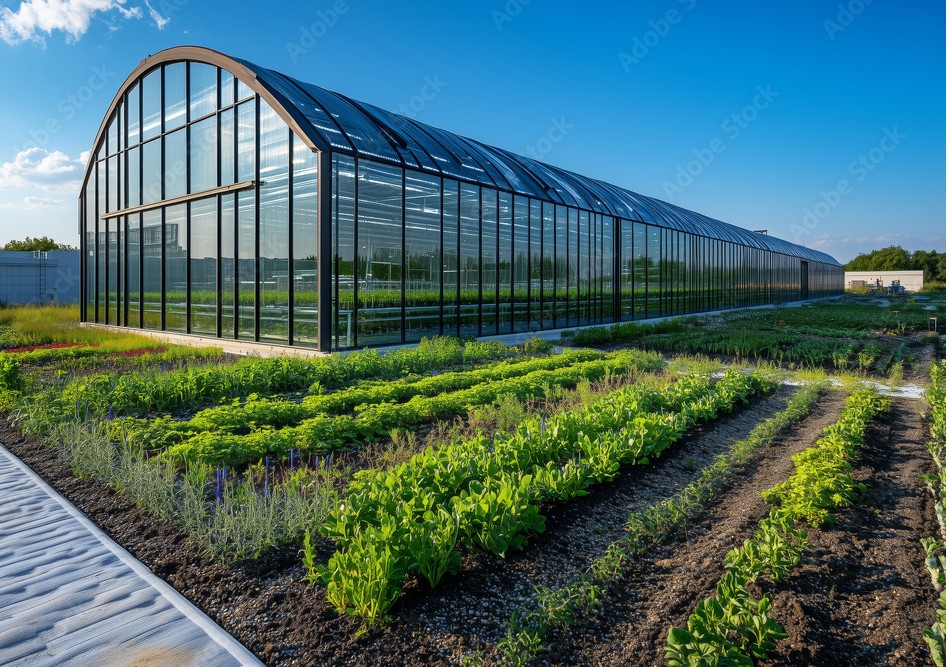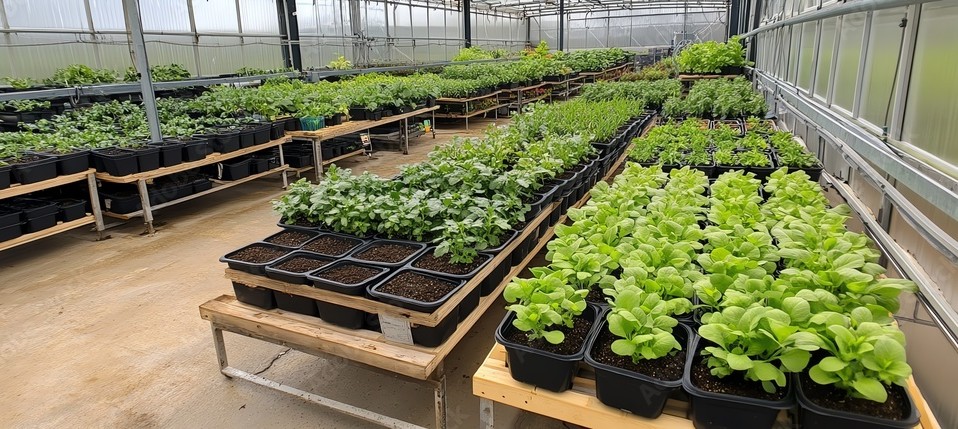Azolafam Ltd.: 15th April 2025 { https://www.azolafam.com/ } Feed the koi or crap with your bare…
Azolafam Ltd.: 29th April 2025 { https://www.azolafam.com/ }

As the global population continues to grow, the demand for food production is increasing exponentially. With limited land and water resources, farmers face the daunting task of producing more with less. To meet this challenge, employing advanced farming practices is no longer a choice but a necessity. These innovative methods not only enhance crop yields and quality but also promote sustainability, reduce environmental impact, and ensure long-term food security.
The Need for Advanced Farming Practices
Traditional farming methods, while effective in the past, are no longer sufficient to meet the demands of a rapidly changing world. Climate change, soil degradation, and water scarcity are just a few of the pressing issues that farmers must contend with. Advanced farming practices offer a solution to these challenges by:

Advanced Farming Practices to Consider
Some of the most effective advanced farming practices include:
The Benefits of Advanced Farming Practices

By adopting advanced farming practices, farmers can:
Conclusion
The future of farming depends on our ability to adopt and adapt advanced practices that promote sustainability, efficiency, and productivity. By embracing these innovative methods, farmers can ensure long-term food security, reduce environmental impact, and contribute to a more sustainable future. Whether you're a small-scale farmer or a large agricultural operation, incorporating advanced farming practices can have a significant impact on your bottom line and the environment.